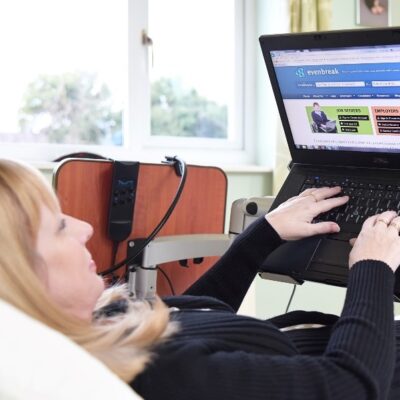The current COVID-19 pandemic has made plain the difference between the resilient and the vulnerable. It’s likely that many businesses will not survive this economic and public health disaster.
Not necessarily because they were unlucky, but because they were ill-prepared. Three principal areas that require preparation for the unexpected are finances, operations, and record keeping.
Anyone who has spent time researching how to start a business or who has taken a business planning course has likely heard about the importance of maintaining three to six months of operational costs in a separate bank account as a rainy day fund. (The same holds true for personal finances too, by the way.)
The idea is that, in case of an unforeseen emergency, the business will be better equipped to continue operations financially, thereby having a better chance at survival. Having an emergency fund is one major way companies could have been prepared for the wrath of the coronavirus.
It may sound like a large feat to accumulate that much cash when there’s so much to manage as a business owner. However, if you are serious about the longevity of your business and you didn’t accumulate this at startup stage, consider regularly contributing to a contingency fund as you go forward.
The research you put into writing the financial section of your business plan (particularly if created with the input of a small business accountant or advisor) will give you a general idea of monthly operational costs. You can then multiply by three, four, five, or six to determine how much you should have stashed away the next time disaster strikes. Next step: save it or get it from either equity investments or loan debt (albeit not ideal).
Having a handle on overhead expenses is essential. There will likely be some things you can do without in times of crisis; you may need to defer these optional expenses.
You may have some long-standing relationships with vendors who won’t think twice about extending your time to pay because you’re one of their favourite customers, but this likely won’t be the case for all of your vendors. Perhaps you can negotiate smaller payments without penalty for a temporary time period.
Continuity Planning
Another way to be prepared for challenges as a business owner is to have a continuity plan. This spells out employee responsibilities during a time of crisis, as well as the location of important records and details around how work will get done.
For example, if a restaurant’s kitchen goes up in flames, can they move to a shared kitchen space or operate from another restaurant while it’s being renovated? Can they pivot to just takeout or delivery?
This would be a much better look for a restaurant that wants to maintain its patrons than a big sign on the front door: “Closed Until Further Notice Due To Kitchen Fire.” There are many potential solutions if thought about in advance.
Let’s say an event planning company can no longer organise in-person events for their clients because some weird version of a coronavirus forces millions of people to stay home.
They could potentially reach out to their clients to propose moving some events online and then spearhead the entire process to avoid losing 100% of their anticipated revenue for the year.
Generally, continuity plans include a description of the main activities of the business and a list of the equipment, tools, software, and hardware needed to run the business.
They also contain important internal and external documents, such as employee contacts, family emergency contacts, vendors, suppliers, amicable competitors, insurance agents, lawyers, accountants, bankers, online account logins, and emergency response websites in the local area (county, city, and state).
Most importantly, key people need to know where the plan is kept, so don’t leave it in the bottom drawer of your bedroom nightstand because that’s where you put it the last time you updated it.
And, wait for it… this is yet another opportunity to make a case for sound record keeping, particularly for business owners and solopreneurs!
Over the past two months business owners and freelancers have scrambled to create sensible financial statements and other pertinent paperwork in order to take advantage of the government relief initiatives, when timely and accurate record keeping and bookkeeping has always been a necessary (yet apparently neglected) business requirement.
Those clients of ours who previously valued sound financial management and kept their books in order were able to take advantage and receive relief as needed.
They were prepared with organised financial statements, payroll reports, tax returns, and other important documents. We take great pride in this.
Preparation in the context of business is a matter of contemplating in advance what would be needed in the case of an unexpected disaster or opportunity and to meet future goals. It’s not all negative; however, the true measure of resiliency is in the face of adversity.
The overarching goal is to stay in business after an incident or if the owner/key person is temporarily absent and to protect all that has been invested.
Rather than succumbing to adverse events, with some forethought and planning your business can hold steady and even achieve more success.
True resiliency relies on being prepared, especially in the areas of finance, operations, and record keeping, and on being quick to act when an incident happens. This is not magic, it’s preparation.
Tuesday P. Brooks is the CEO of finance management company AJOY.
Photo by Christina @ wocintechchat.com on Unsplash



